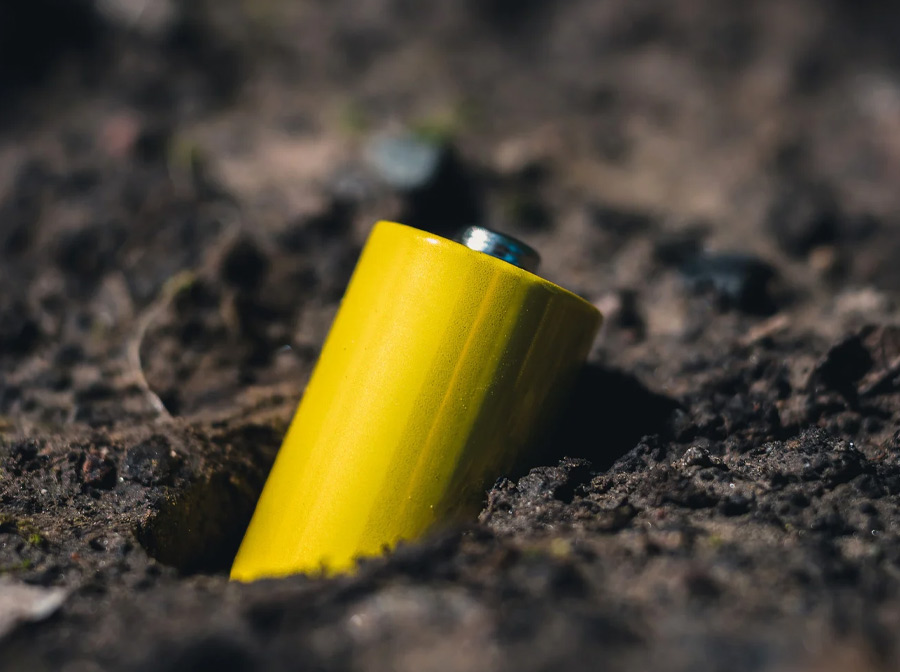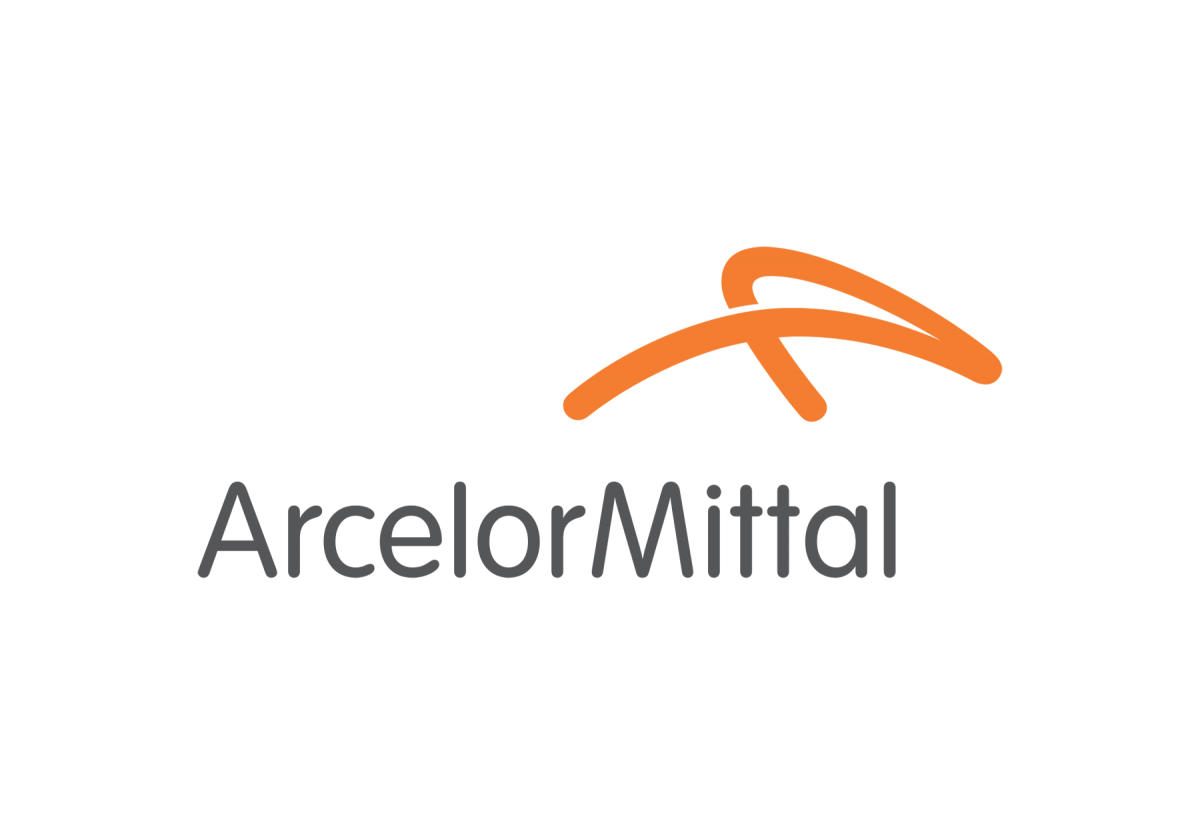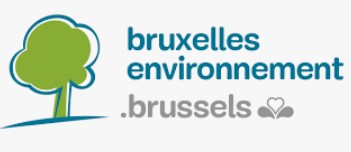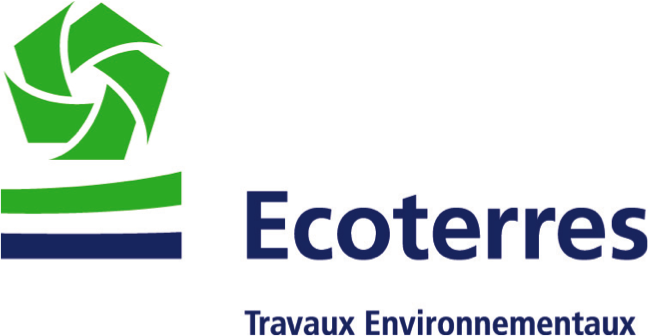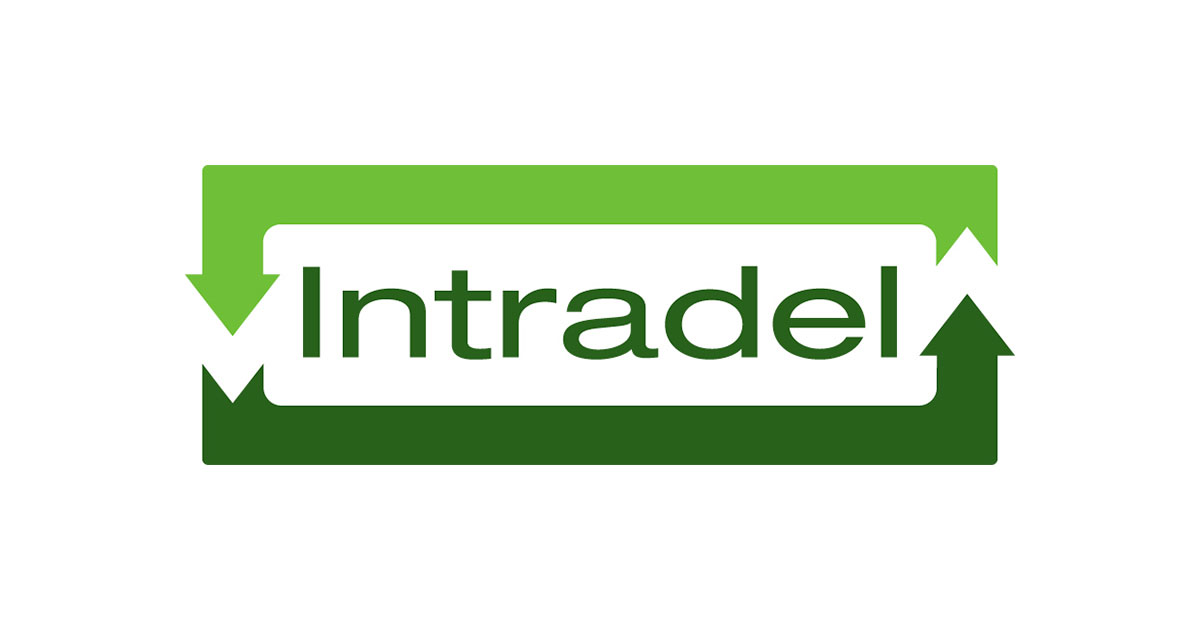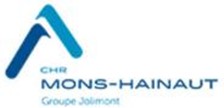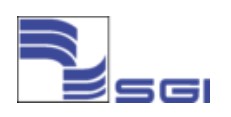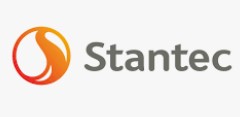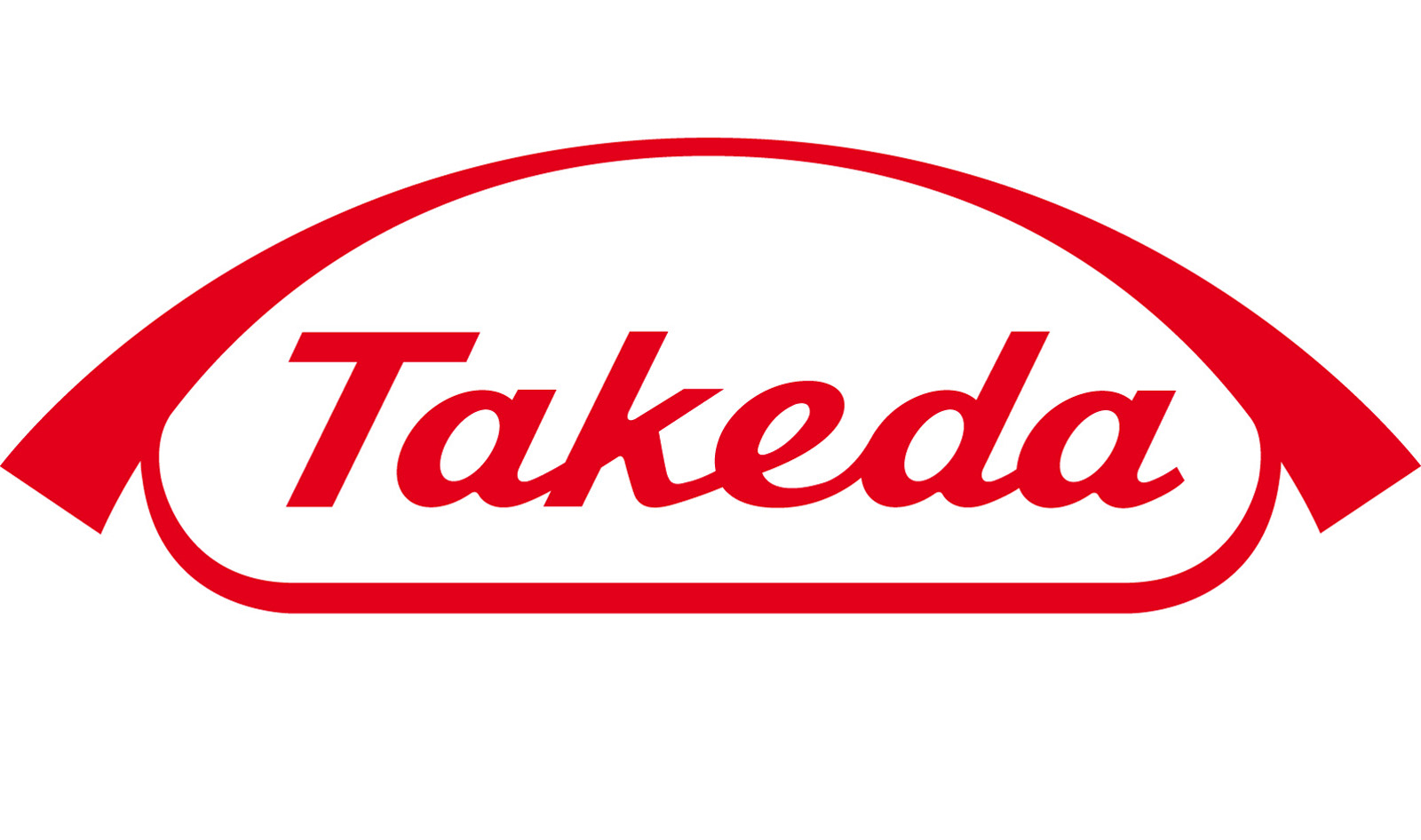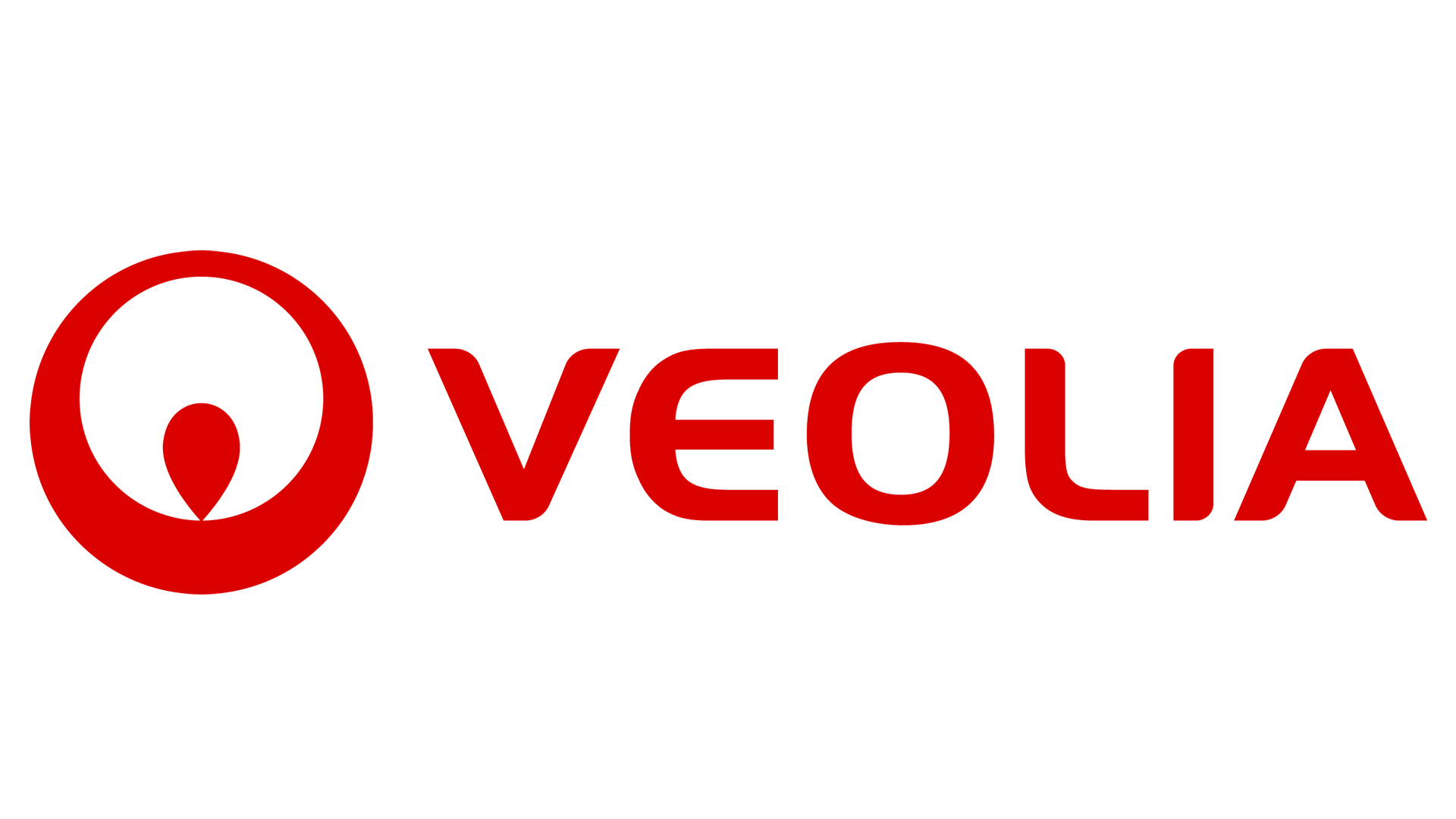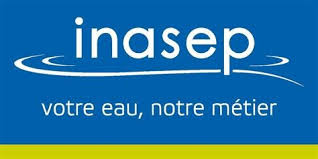Contaminated soil management
Almadius offers its expertise in the management of contaminated soil and groundwater. We carry out pollution and risk management studies and provide concrete remediation solutions for contaminated soil. We also conduct environmental and due diligence audits in the context of site purchases and sales.
Our subsidiary Hydreau is accredited in the Walloon Region and Brussels-Capital Region.
Decontaminate your soil with Almadius
Do you want to obtain planning permission for a contaminated site or renew/terminate an environmental permit for activities involving soil risk? Are you selling your land with a change of activity? Do you have a real estate project? Has your plot of land suffered an environmental accident? In this case, you must carry out a study to manage your soil and determine whether it is contaminated.
This process allows you to verify whether your soil complies with the imposed pollution thresholds and whether this pollution poses a risk to human health and the environment. Depending on the use of the land, remediation solutions will need to be put in place.
Why trust Almadius for your contaminated soil?
Pragmatic vision
In addition to soil testing, we also offer our assistance as project managers. We provide concrete solutions tailored to your needs and specific situation.
Multidisciplinary engineering firm
Our team is made up of experts specialising in various fields such as soil, water, construction and sustainability. This diversity of skills enables us to offer effective techniques for a range of issues by working together on the various aspects of a project (soil pollution, groundwater lowering, stability, geotechnics, geothermal energy) rather than in isolation, which often results in efficiency gains and allows us to optimise all aspects of a project.
Tailor-made approach
We adapt to each situation and are able to offer solutions tailored to our clients’ specific needs. Our extensive experience in the field enables us to take on all types of projects in Belgium and abroad.

